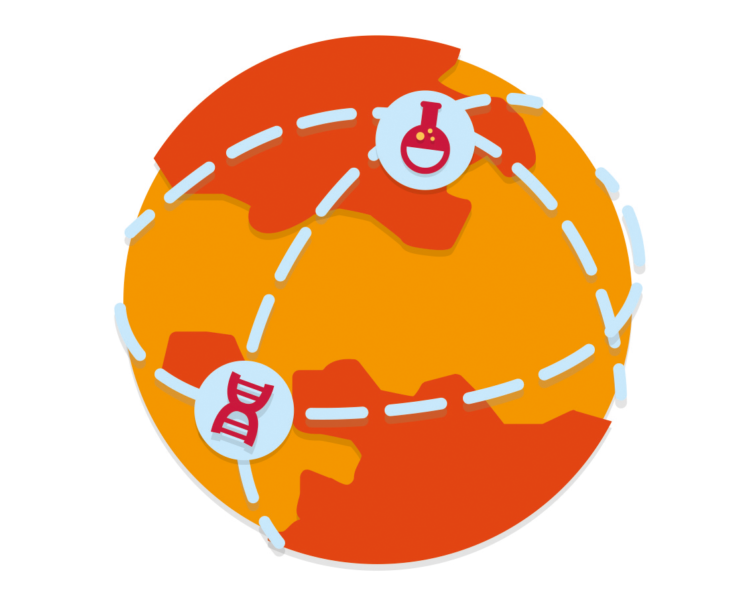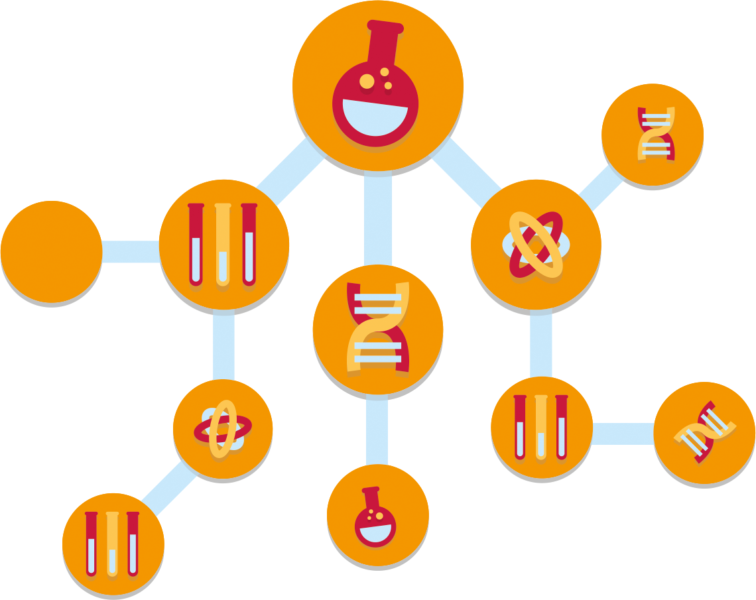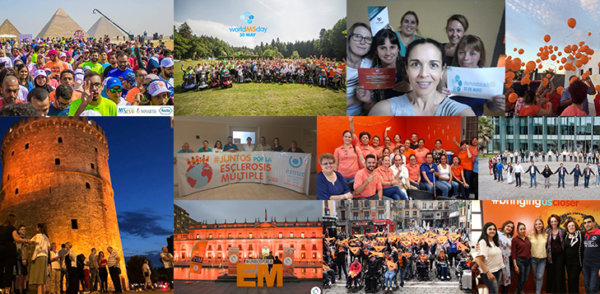Rewarding progress in MS research
How do we celebrate achievement and innovation in MS research?
MS research is bringing us closer to ending MS. In order to maintain this momentum, it’s crucial to promote innovation and reward achievements in MS research.
Here are just a few examples of how organisations across the global MS movement, including ARSEP (France), MS Research Australia, the Italian MS Society (AISM), the MS Society of Canada, Stichting MS Research (Netherlands), the National MS Society (US), and the UK MS Society, are supporting MS research and bringing us closer to ending MS.
Students and young researchers
MS organisations in France, Australia, Canada, the Netherlands, the US and many other countries are enabling postgraduate, doctoral and postdoctoral students to make valuable contributions to MS research through a variety of fellowships and scholarships. These awards offer students tens of thousands of dollars to advance their studies into MS.
There’s also plenty of support available for ambitious young researchers embarking on exciting careers in MS research, including research fellowships from AISM and MS Research Australia. Other excellent examples include the UK MS Society’s junior fellowships and Career Development Award, designed to support talented post-doctoral researchers to make the career transition into becoming independent MS investigators. Also, the National MS Society (NMSS)’s Sylvia Lawry physician fellowship trains young doctors to conduct MS clinical trials. Such awards encourage innovation in MS research among a new generation of researchers.
The MS International Federation (MSIF) also rewards young researchers with its Young Investigators Award. This accolade is given for the best presentation of a translational project (research that uses scientific findings to improve health and wellbeing) by a young researcher at the annual congress of the European Committee for Treatment and Research into MS (ECTRIMS).
Emerging countries
The McDonald Fellowship and Du Pre Grants, both offered by MSIF, enable MS researchers and clinicians from emerging countries to gain valuable skills by working in a research institution in another country. On returning home, recipients are expected to use their newly-developed expertise and research networks to improve MS research, practice and healthcare for MS in their own country.
Many MS organisations offer funding to promote international collaboration in MS research. The NMSS’s career transition fellowship provides support to non-US citizens training at a US research institution, whilst ARSEP provides funding for clinicians, researchers and technicians to make research visits to and from France to undertake training in MS research. Similarly, MS Research Australia’s Ian Ballard Travel Award and Stichting MS Research’s travel grants enable researchers to travel abroad to foster international exchanges in their field of research.
Progressing careers
It’s also vital to provide continued support and recognition for MS researchers as they progress throughout their careers. Stichting MS Research’s Global MS Research Booster Award is a special grant for MS researchers worldwide who focus on identifying the cause of MS. The UK MS Society, meanwhile, offers an Innovation Award to support established researchers to launch pilot projects in MS research.
Other important examples include the Italian MS Society’s Rita Levi Montalcini career fellowship and ARSEP’s research fellowship, which is designed to cover the costs of research projects.
MSIF’s Charcot Award, meanwhile, recognises lifetime achievement in outstanding MS research. The award is named after Joan Martin Charcot, who provided the first definition of MS in 1868.
Follow the links below to find out more about the wide range of grants and fellowships available around the world.
Related news
Tell us what you thought of World MS Day 2018 by filling in our Evaluation Survey and help shape the…

Discover the highlights from World MS Day 2018: Bringing Us Closer.

MS registries put people living with MS at the heart of their own treatment and at the centre of MS…
